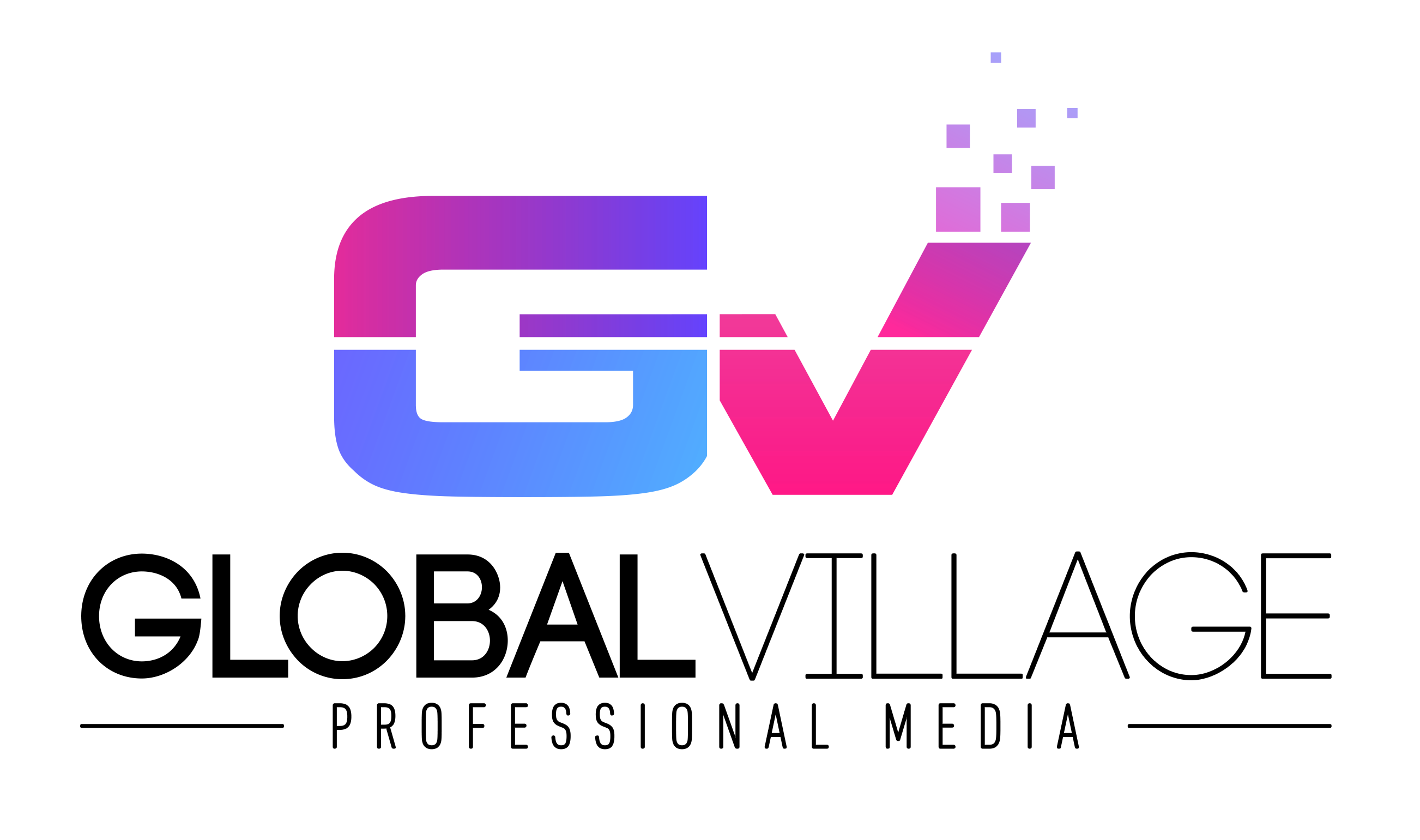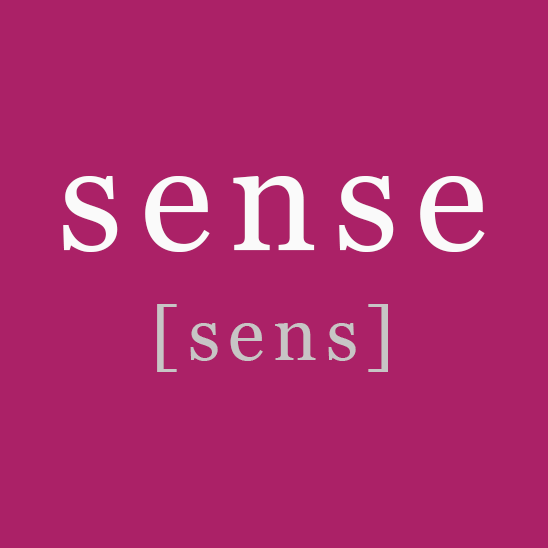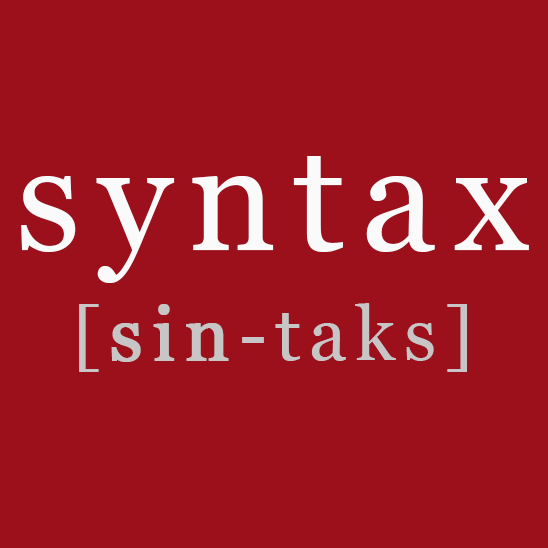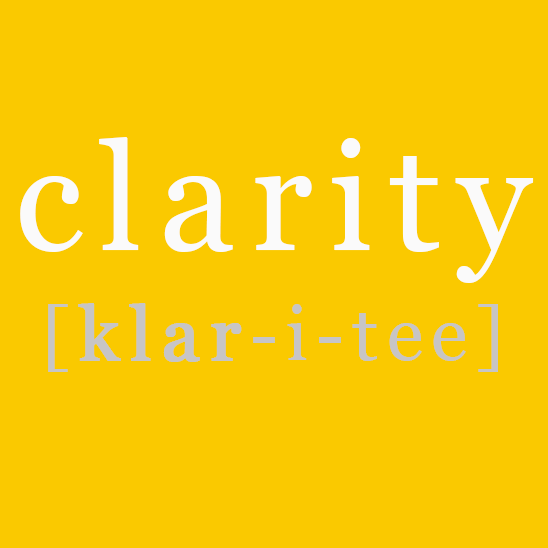Traducción y Marketing
«La traducción no es asunto de palabras solamente, sino de dar a conocer toda una cultura de manera inteligible» (Goethe).
Varios factores contribuyen a la complejidad de comunicar un mensaje en determinado idioma a un grupo de gente que habla otro idioma. Hay que tener en cuenta la gramática, el estilo y el contexto cultural tanto de la lengua del público origen como de la lengua del público meta, sin alterar el significado literal y emotivo del mensaje original. La Global Village se toma muy en serio todo el proceso de la traducción y sigue un criterio muy estricto para asegurar que las traducciones reflejen el sentido del original y que sean dinámicas y de la mejor calidad posible.
La Global Village cuenta con un equipo de traductores profesionales oriundos de varios países y no utiliza ningún sistema de traducción automatizada. Nuestros traductores tienen que pasar varias pruebas rigurosas en las que tienen que demostrar su capacidad y conocimientos, y están preparados para verter al idioma meta los materiales y programas que su entidad desea llevar al mercado.
Para ser fieles al texto original sin desviarnos del contexto cultural de la lengua meta, revisamos cada traducción para asegurarnos que cumple el criterio de localización siguiente: La traducción la hace un traductor profesional, luego la lee una persona que no es traductora, después pasa a manos de un revisor-corrector y, por último, una revisión final una vez que la traducción esté en el formato requerido.
Sabemos que una palabra, una frase o una oración se puede decir de maneras diferentes en otros idiomas, es por eso que procuramos determinar y mantener el mismo «estilo» y la misma «voz» en todas las traducciones de cada cliente en particular. El propósito de esa «voz» es comunicar el espíritu y la personalidad del orador o el autor, y para lograr ese fin y mantener la uniformidad en todos los medios elaboramos un glosario y un manual de estilo para cada cliente. Permítanos la oportunidad de transformar el mensaje de su entidad y llevar su voz al mercado de diversidad.
Nuestros servicios de traducción y marketing
Our Translation Philosophy
Translation theory is truly a “science” based on the understanding of how languages work. It recognizes that different languages encode meaning in differing ways, and unlocking this code reveals the most appropriate ways of preserving meaning and conveying the spirit of each communication. We adhere to the following principles to ensure dynamic, meaning-based translations.






